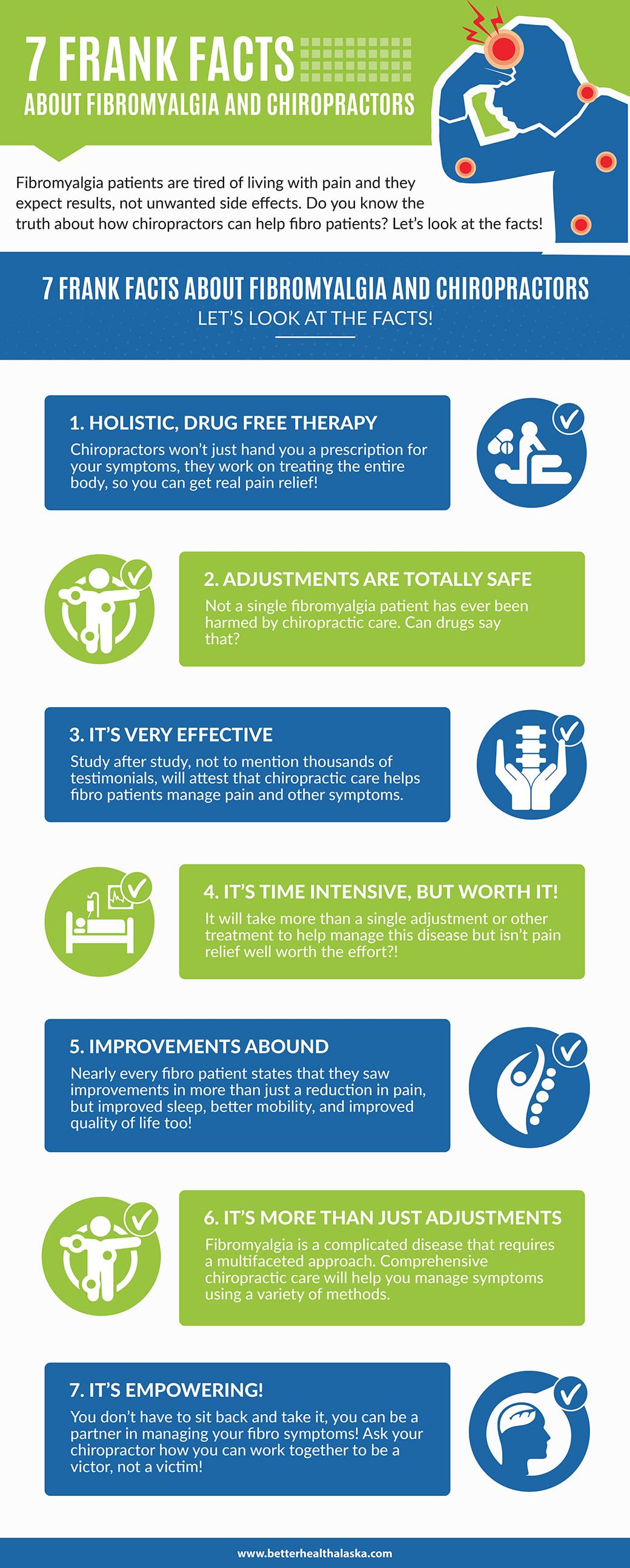Recognizing Nutrition'S Duty In Pain In The Back Management: Beneficial Foods And Foods To Avoid
Recognizing Nutrition'S Duty In Pain In The Back Management: Beneficial Foods And Foods To Avoid
Blog Article
Article Created By-Mcclure Camp
When it comes to managing your pain in the back, the food choices you make can considerably affect how you feel each day. Visualize being able to relieve your discomfort merely by changing what you consume. By comprehending the duty of nutrition in pain in the back administration and knowing which foods to include or stay away from, you can take aggressive steps in the direction of a healthier and a lot more comfortable way of life. The link in between nutrition and back health is much more profound than you might recognize-- let's discover how specific foods can either relieve or aggravate your pain in the back.
Significance of Nourishment in Back Pain
Nutrition plays an important role in taking care of pain in the back. Your diet can dramatically affect inflammation levels and general pain levels in your back. Taking in a balanced diet plan rich in nutrients like vitamins D and K, calcium, magnesium, and omega-3 fats can help reduce inflammation and reinforce bones, which are necessary for back wellness.
Furthermore, preserving a healthy and balanced weight via correct nourishment can relieve stress and anxiety on your back, reducing the threat of pain in the back.
In addition, particular nutrients like antioxidants found in vegetables and fruits can aid combat oxidative tension and promote healing in the body, consisting of the back muscles and back.
On the other hand, taking in too much amounts of refined foods, sweet beverages, and harmful fats can contribute to swelling and weight gain, exacerbating pain in the back.
Foods to Consume for Back Health
To sustain a healthy and balanced back, integrating nutrient-rich foods into your everyday dishes is essential. Including foods high in anti-oxidants like berries, spinach, and kale can help in reducing swelling in your back, relieving pain and discomfort. Omega-3 fats found in fatty fish such as salmon and mackerel have anti-inflammatory residential or commercial properties that can benefit your back wellness.
Furthermore, eating nuts and seeds like almonds, walnuts, and chia seeds offers crucial nutrients like magnesium and vitamin E, which sustain muscular tissue function and decrease oxidative stress and anxiety. Incorporating lean proteins such as hen, turkey, and tofu can aid in muscle repair work and upkeep, promoting a strong back.
Don't fail to remember to include dairy products or fortified plant-based choices for calcium to support bone wellness. Last but not least, moisten with a lot of water to maintain your spinal discs moistened and operating ideally. By including these nutrient-dense foods in your diet regimen, you can nourish your back and support total spine health.
Foods to Avoid for Back Pain
Opt for preventing refined foods high in added sugars and trans fats when looking for remedy for pain in the back. These kinds of foods can contribute to inflammation in the body, which may exacerbate neck and back pain. Say no to sweet treats like candy, breads, and sweet drinks, in addition to convenience food things like burgers, fries, and fried poultry that are commonly filled with trans fats.
Additionally, steer clear of foods having high levels of refined carbohydrates, such as white bread, pasta, and pastries, as they can spike blood sugar degrees and possibly get worse inflammation in the body.
It's also a good idea to limit your intake of foods high in saturated fats, like red meat and full-fat milk products, as they can add to swelling. Refined downtown chiropractic nyc like delicatessens meats, chips, and packaged snacks are usually high in saturated fats and need to be consumed in moderation.
Final thought
To conclude, focusing on your diet plan and making clever food choices can have a substantial influence on managing back pain. By incorporating nutrient-rich foods like berries, fatty fish, nuts, and lean proteins, and staying clear of refined and sweet things, you can help in reducing swelling and support generally back health. webpage in mind, what you consume plays an essential role in how you feel, so see to it to prioritize your nourishment for a much healthier back.
